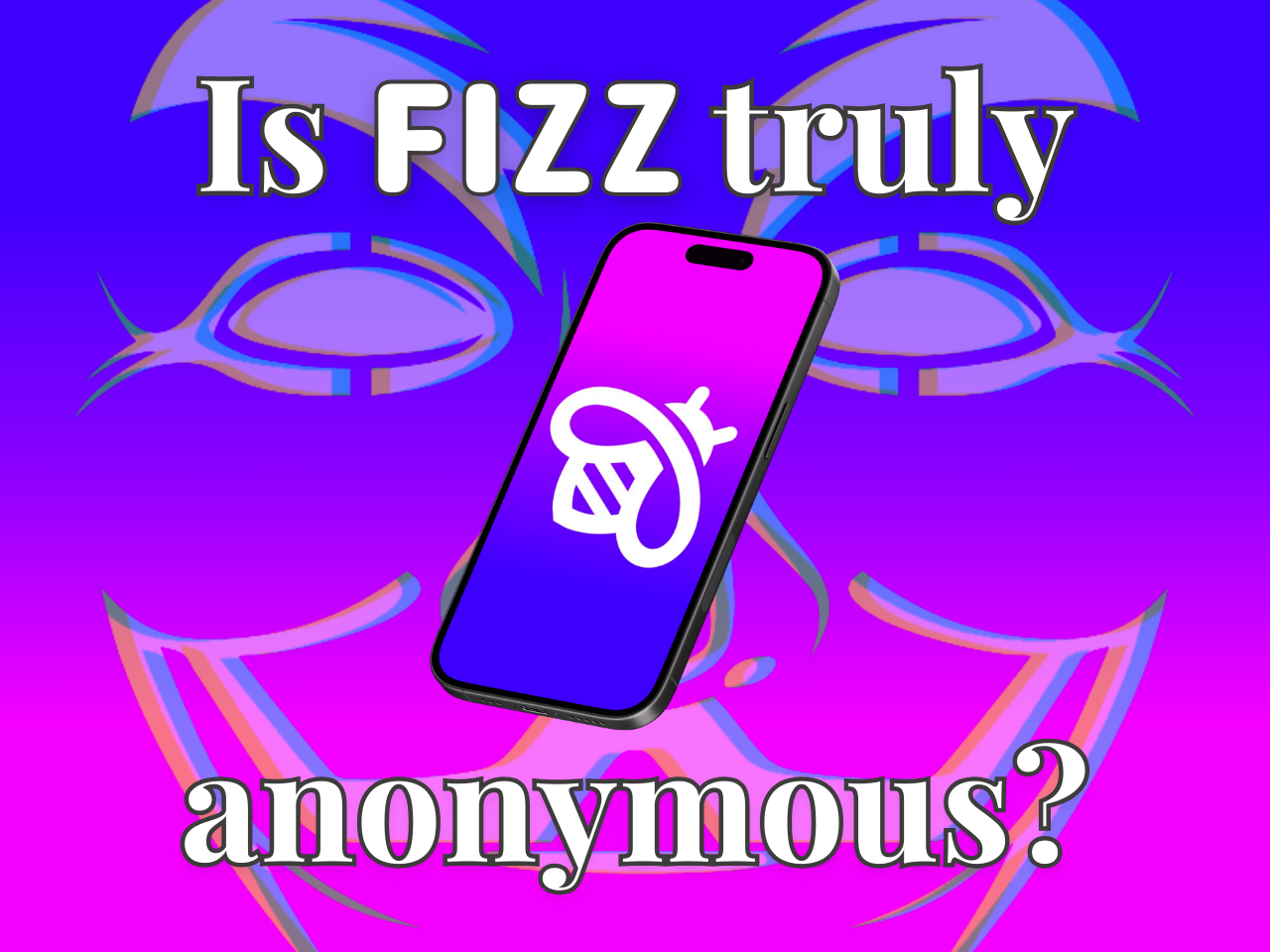
Fizz launched on April 17, 2023, at the University of St. Thomas. The app promises anonymity for all users who can provide a St. Thomas institutional email address.
The app grew in popularity through student promotion promising fifteen dollars to any students that would post a Fizz infographic and a link to download the app on their personal Instagram story.
Fizz currently has over 1,000 users registered at St. Thomas. Sophomore Elizabeth Lor said she does not use Fizz because she does not see the interest in viewing others’ opinions, though Lor can appreciate the community the app creates.
“There is something about people coming together to express their agreement in something,” Lor said. “For example, a lot of people don’t like (the dining hall) Northsider and they make it very known they don’t like Northsider.”
Fizz may be a newer app to St. Thomas; however, the app has a long history.
The app’s promised anonymity was put to the test by three Stanford students, four months after its initial launch on the campus. According to The Stanford Daily, the three undergraduate students well-versed in cybersecurity at Stanford were able to hack into the app’s database.
The three students told The Stanford Daily, “We found that phone numbers and/or email addresses for all users were fully accessible, and that posts and upvotes were directly linkable to this identifiable information. It was possible to identify the author of any posts on the platform.”
Two of the Stanford undergraduate students, Aditya Saligrama and Miles McCain, detailed the hack on their online blogs. McCain wrote, “in a few hours, we were able to gain full read and write access to their database.”
After the hack, Fizz began working with researchers to improve its security databases, according to a statement published by the company.
Melinda Mattox, St. Thomas’ director of information security, analyzed the hack details from Saligrama.
“Once they were able to get in, I think it was pretty simple for them to get the data,” Mattox said.
Mattox said that it would be possible for another hack to breach the app’s security. She recommends students think about what they are posting, and if those posts are not immensely important, to think about why they want to remain anonymous. Mattox also said that students should consider what would happen if their identities were revealed.
“The thing about hacking is that it is a lot easier now it’s more automated there are a lot more tools out there,” Mattox said. “The tools that are out there are getting simple to use and everybody can get access to them one way or another. All you have to do is have some ingenuity or a little bit of money.”
Sydney Dorsey can be reached at dors3655@stthomas.edu.


